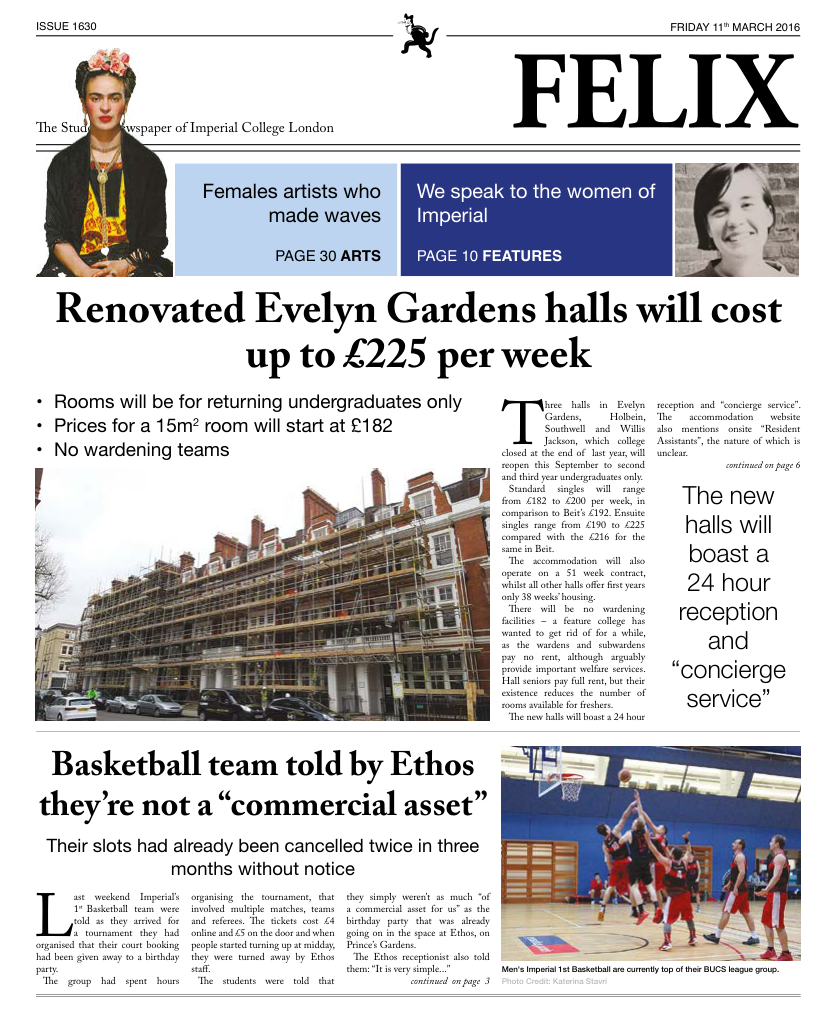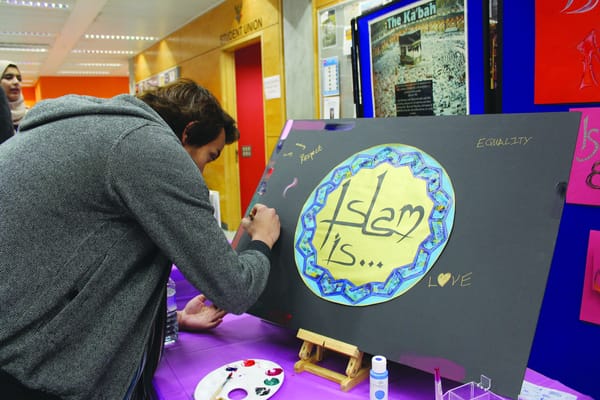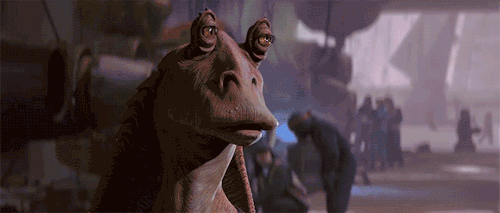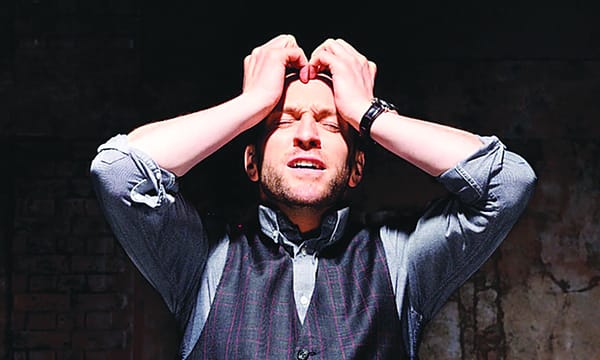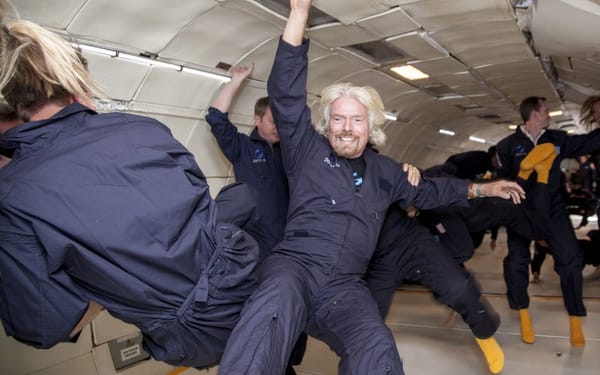Speaking against Stigma
Youth stop AIDS
We need to end the deafening silence – Robbie Lawlor is the charming charismatic Mr Gay Ireland. A Zoology graduate with the kind of accent romcom producers ditch their fiancées and invest in fisherman jumpers to be with. He’s also HIV Positive. That shouldn’t matter. Except it does.
“When I was diagnosed I didn’t know anyone with HIV in Ireland. I didn’t even know Ireland had HIV”.
Brian knows only too well the consequences of living with HIV. After his parents died he went to live in an orphanage from the age of six. Not long after his skin started peeling, he started getting too sick to go to school but when the doctors told him he was HIV positive he jumped around the room with joy.
“I heard ‘positive’. I thought that has to be good!”
Brian didn’t take his medication for a year but one day he walked into school to find all his classmates eyes on him. Lined above the blackboard was his whole supply of unopened medication, when asked why he had them Brian openly revealed his status. The school asked him to leave.
Now, Brian is 22 and lives in Uganda and, despite everything, campaigns actively for an end to HIV. These two brave speakers, standing in front of me right now, laying all the most intimate details of their personal lives bare to a room full of strangers, are only too aware that if their lives were reversed Robbie would be dead.
The reason for this is the medication. In Uganda, there are only two lines of HIV medication, atripla and prezista, for those that can afford it. Atripla is known for causing such crippling side effects including mental delusions that it is recommended only to be taken at night. For Robbie it was the high of LSD followed by being hit by a truck the next morning and it was deadening.
“It was a family meal two weeks after starting atripla and I was so exhausted I couldn’t even physically lift my arm. I told my mum that if it was this versus living two years more I’d take the two years. She rushed me to the clinic.”
Luckily in Ireland Robbie had the option of Prezista and for a while everything seemed great. That is, until his kidneys started to fail.
“They told me on Prezista I’d have six months to two years”
But there was a new drug just out that sounded perfect, one pill a day. The only trouble was for less than 10% of the population it was fatal.
“Of course I fell into that percent because it’s me” .
Robbie is now on his fourth line of medication. Brian takes atripla.
The reason these two and others have travelled the breadth of the country speaking out about HIV is the hope to change all of this. They are part of YouthSTOP AIDS and this tour hopes to break down the stigma surrounding HIV and highlight the charity’s #MissingMedicines Campaign.
Josie, 24, one of the speakers, not there that evening, has drug resistant TB. In the last 50 years there have only been two new drugs to treat Tuberculosis but 15 developed to target Hay Fever. 1.5 million die of TB each year but when the majority affected are in poor or middle income countries the incentive to develop new drugs is just not there.
In response to this, MSF launched its Access Campaign in 1999 after finding the medicines they needed in humanitarian crises overpriced or out dated. Their target for now is the pneumonia vaccine. The kind of disease we tend to associate with the infirm or very old, pneumonia is the leading cause of infectious childhood death worldwide and at the moment only two companies produce the vaccine.
Today it costs 68x more to vaccinate a child in developing countries than it did in 2001 and almost half of that cost is due to the high price of the pneumonia vaccine. In 2015, 60 countries spoke out against the high prices at the World Health Assembly but the current lowest global price is still $10 per vaccine.
MSF are calling for that to be halved and with the Indian Serum Institute bringing out the vaccine for $6 next year we know this is doable. A key aim of the Access and #MissingMedicines campaign is transparent pricing. Currently drug companies have no obligation to reveal what is charged for vaccines in each country which leads to situations where Morocco is charged more than France or MSF is offered the pneumonia vaccine for $26 and $46 during South Sudan’s global health crisis in 2013 despite it being known that the lowest global price is $10.
Robbie and Brian know they are only two voices in a complex world but already things are starting to change. Robbie has found the 7000 other people living with HIV in Ireland and they now have a support network and campaign for government accountability with regards to HIV. “When the doctor said to me, ‘Do you think you can turn HIV into an opportunity?’ I turned to him and said ‘What?! You’re crazy!’”
But Brian has done just that.
“I’ve toured the whole of the UK and in every room there are the young people of the UK who are bright and have so much energy. They have the power to change things”. He’s talking about you.
Find out more at _http://_youthstopaids.org/

